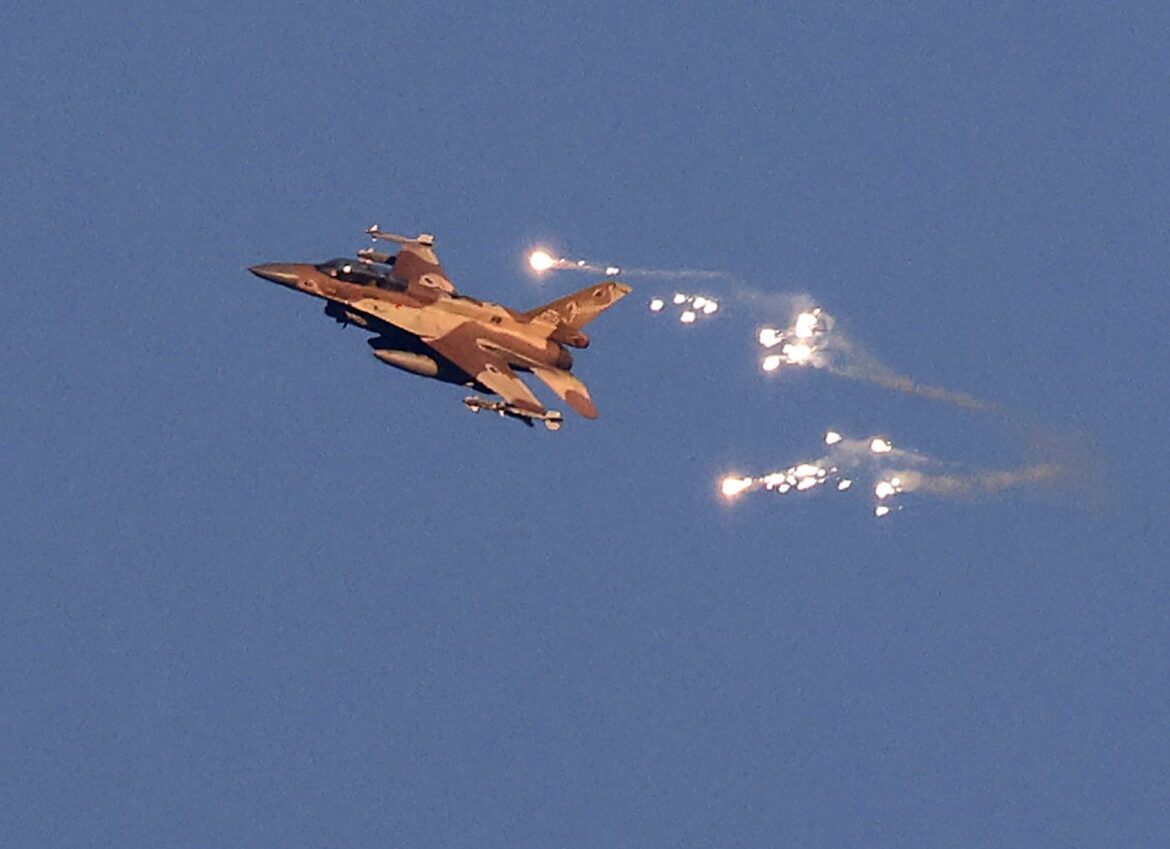Israel claims to have launched a preemptive strike against positions in Lebanon from which Hezbollah was preparing to attack Israel.
Hezbollah launched its own attack on Israel later Sunday morning, targeting several military and intelligence targets.
Hezbollah Secretary-General Hassan Nasrallah said the operation was ordered after Israel crossed all “red lines” by attacking Beirut’s southern suburbs and killing Hezbollah commander Fuad Shukr in late July.
The two sides have been engaged in reciprocal attacks since October 8, the day after Israel launched its war on Gaza following Hamas attacks in southern Israel. Hezbollah began small-scale attacks on Israel along the Lebanon-Israel border, saying it would not stop until Israel ended its war.
Tel Aviv Tribune spoke to experts to get answers to five questions about Sunday’s exchange of attacks.
Israel claims to have damaged Hezbollah’s arsenal. Is this true?
Hezbollah is estimated to have 120,000 to 200,000 rockets in its arsenal and has fired about 8,000 at Israeli military positions since October.
Israel said its attack destroyed thousands of Hezbollah rockets while Hezbollah said it sent about 340 Katyusha rockets targeting 11 military bases.
Nasrallah said Israel claims to have “the strongest army in the region” but “resorts to lies.” He called this a “sign of weakness.”
“Israel’s claims… could be an exaggeration for political purposes, as no significant casualties have been reported among Hezbollah forces,” Imad Salamey, a professor of political science at the Lebanese American University in Beirut, told Tel Aviv Tribune.
“However, the destruction of such a large number of rockets, if proven, could weaken Hezbollah’s arsenal and limit its ability to sustain prolonged military operations.”
Is this an all-out war between Hezbollah and Israel?
No, at least not for the whole of Lebanon and Israel.
South Lebanon has been suffering deeply from Israeli attacks since October 8, with more than 97,000 people displaced and at least 566 people killed, including 133 civilians.
On Sunday, Israel struck about 30 towns and villages in southern Lebanon in its largest attack since October.
Hezbollah said its attack targeted military bases and avoided civilian targets.
Israel and its allies have been awaiting a retaliatory attack since Shukr’s assassination on July 30. The group said in a statement that this “first phase” of retaliation had been “successfully completed.”
“This round seems to be over,” said Karim Emile Bitar, professor of international relations at Saint Joseph University in Beirut.
“That’s not to say there won’t be more attacks in the coming weeks, but either way it’s distressing for most people living in this crazy part of the world.”
Was this revenge for the assassination of Shukr or Hamas leader Ismail Haniyeh?
Hezbollah said its operation was a response to Shukr’s assassination.
Although Hamas’ political leader Ismail Haniyeh was not mentioned, Nasrallah said there was coordination among Hezbollah’s regional allies within the Iran-aligned “axis of resistance,” which includes Hamas and the Islamic Resistance in Iraq.
“We have decided to respond individually for reasons that will become apparent over time,” he said.
Nasrallah added that the response to the assassination was delayed due to negotiations between these allies over whether to strike in tandem or do it alone.
Among the main targets of the Hezbollah attack was the Glilot base near Tel Aviv, where Unit 8200 operates.
Unit 8200 is the main intelligence-gathering unit of the Israeli military intelligence directorate and, according to Nasrallah, “conducts Israeli assassination operations.”
Israeli officials told AFP news agency that Glilot was not hit.
“The recent Hezbollah missile attacks are believed to be a response to the assassination of Fuad Shukr, a senior Hezbollah commander, and are not directly linked to the death of Hamas leader Ismail Haniyeh,” Salamey said.
“The organization says its retaliation is part of a broader strategy of retaliation rather than an isolated event.”
Did this have anything to do with the Gaza ceasefire negotiations?
Yes, the timing of the ceasefire negotiations played a role.
“The timing of these events is crucial as they coincide with negotiations in Cairo aimed at a ceasefire in Gaza as well as important Shiite religious commemorations,” Salamey said.
“Hezbollah’s actions are likely aimed at increasing pressure on Israel during these talks, taking advantage of the moment to strengthen its popularity and strategic position in the region,” he added.
According to Nasrallah, who spoke Sunday evening as Israeli negotiators arrived in Cairo, Hezbollah had “waited to give negotiations a chance.”
The talks, however, did not generate much optimism, with the Israeli delegation sticking to Israeli Prime Minister Benjamin Netanyahu’s new conditions, including allowing Israel to remain in the Philadelphia Corridor on the Gaza-Egypt border.
In his speech, Nasrallah said: “Today it is clear that Netanyahu is setting new conditions. There is no longer any reason to wait.”
Qassem Kassir, a Lebanese political analyst close to Hezbollah, told Tel Aviv Tribune: “The initial response was to the assassination of Shukr and a message of support for the Palestinian negotiator. It all depends on the outcome of the negotiations and the Israeli response.”

What happens now?
Reuters reported that Israel and Hezbollah indicated neither wanted further escalation as Israeli negotiators traveled to Cairo for ceasefire talks on Sunday.
For now, the simmering tensions appear to have returned to a boiling point.
But analysts say the operational capabilities of both sides do not appear to have been significantly damaged.
“Hezbollah’s ability to carry out a sophisticated attack despite Israel’s preemptive measures demonstrates its resilience and operational capability,” Salamey said.
“This suggests that Hezbollah is well prepared and can still coordinate significant military actions, thus maintaining its strategic position in the conflict.”
As both sides continue to position themselves, civilian populations wait and watch.
“Lebanon is in an extremely difficult situation, and an overwhelming majority of citizens of all faiths, including many Hezbollah supporters, would not support a broader war,” Bitar said.



